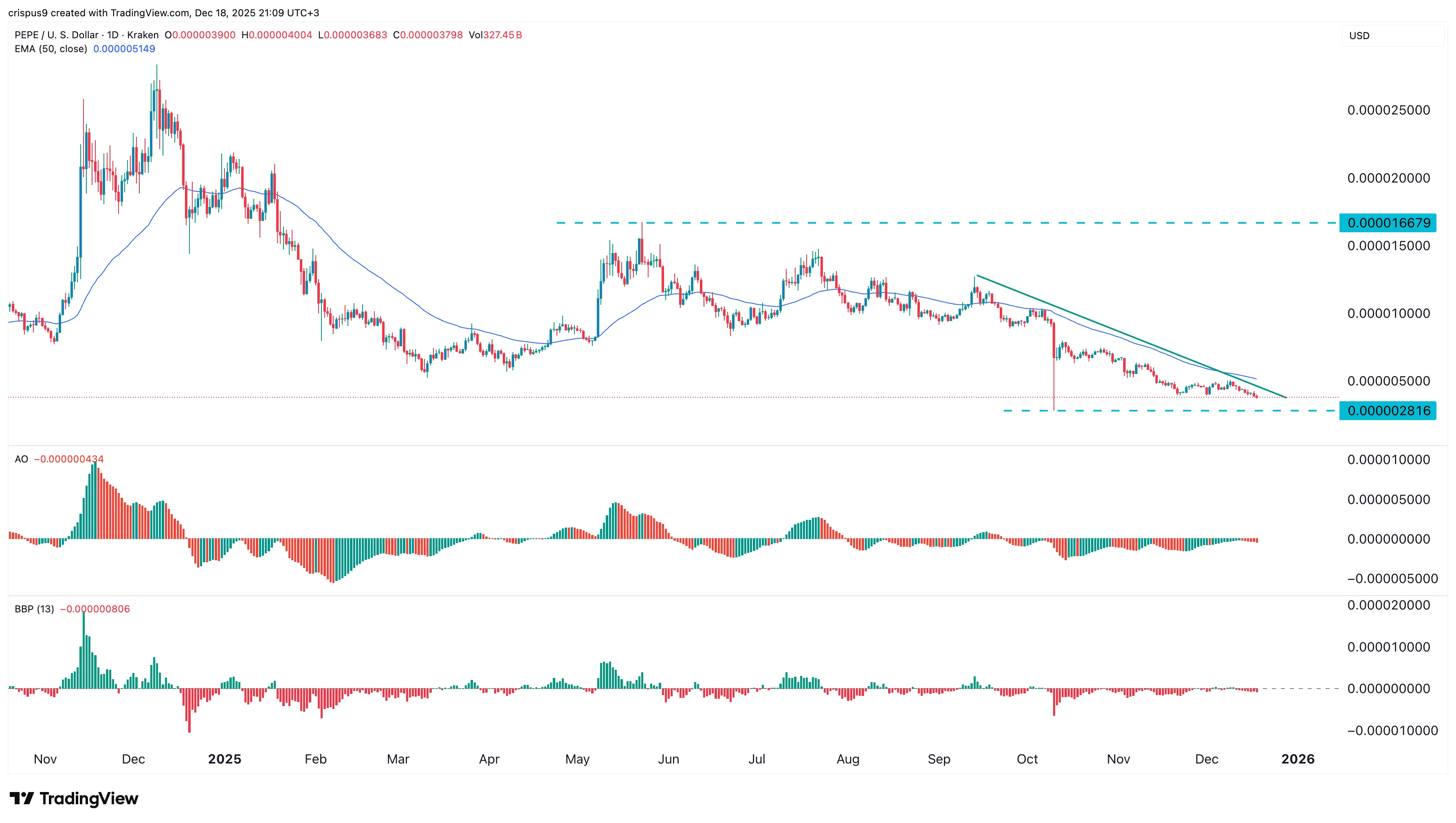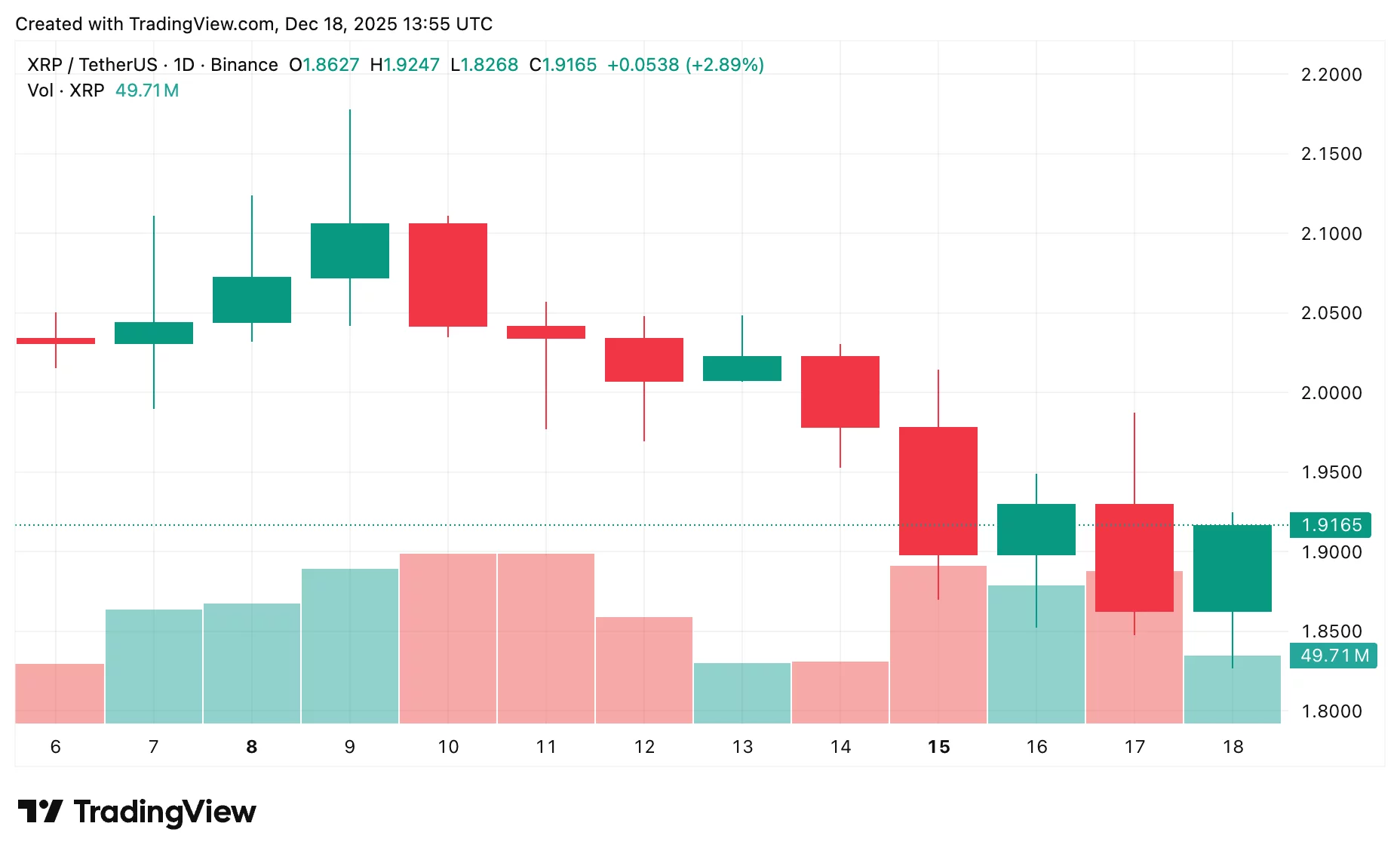Can Ethereum secure a nation’s identity? Bhutan is betting on it
Bhutan is rebuilding the core of its digital identity framework on Ethereum.
The initiative, confirmed by Ethereum Foundation’s Aya Miyaguchi, is part of the Himalayan kingdom’s wider experiment with emerging technologies. It signals that blockchain, once confined to trading and tokens, is now being tested as public infrastructure.
According to Miyaguchi, the move will see every one of the country’s roughly 800,000 citizens hold a verifiable, blockchain-secured identity that they control directly from their devices by 2026.
This further shows how Bhutan’s identity program has evolved rapidly since 2023.
The National Digital Identity was launched initially via a ceremonial registration of His Royal Highness The Gyalsey, a symbolic gesture marking Bhutan’s entry into the digital age. That first version ran on Hyperledger, a permissioned blockchain favored for enterprise pilots.
By 2024, the government had shifted to Polygon, drawn by its lower fees and zero-knowledge proofs that allow users to confirm who they are without exposing personal data.
Yet within a year, government officials decided that migrating to Ethereum would offer the country unmatched decentralization and global security guarantees.
Jigme Tenzing, the Secretary of the GovTech Agency, reportedly said:
“Ethereum is one of the most decentralised blockchains in the world, making it virtually impervious to disruption. This transition cements both the security and stability of our digital identity.”
Why Ethereum, and why now?
Bhutan’s move reflects a global rethink of identity management amid rising identity theft.
According to the World Bank’s ID4D dataset, nearly 850 million people worldwide still lack any official form of ID, while another 3.3 billion have no digitally verifiable records. As a result, many remain locked out of the financial system and public services without credentials.
Governments have tried to solve this through centralized databases, but these systems are expensive to maintain and notoriously vulnerable to breaches.
In the US, 22% of Americans have been victims of identity theft, with the Federal Trade Commission (FTC) receiving over 1 million complaints in 2023. These thefts often target the elderly, resulting in over $10 billion in losses.
Considering this, Bhutan’s answer is to reverse that model by allowing citizens to control their own credentials rather than entrusting them to a central registry.
Miyaguchi revealed that the new NDI will follow a Self-Sovereign Identity architecture built on Decentralized Identifiers and Verifiable Credentials.
This way, each Bhutan citizen will have an encrypted wallet accessible via smartphone. The wallet would store attestations such as birth date, address, or educational record. This data would be verified through cryptographic proofs.
That shift dramatically alters the cost equation. The World Bank estimates that traditional identity programs cost between $5 and $10 per user annually, especially in low-income countries.
Bhutan’s blockchain model could bring that down to under $1, depending on transaction fees and validator costs.
Moreover, Bhutan’s adoption follows growing momentum in digital-ID modernization.
The United Nations Joint Staff Pension Fund recently completed a blockchain-based verification system for its 70,000 beneficiaries across 190 countries.
According to a report from the global authority, the results were striking as they led to a 40% reduction in paperwork, 95% lower archiving expenses, and almost 100% digital retention among users.
Bhutan aims for a similar outcome but on a national scale.
How does this benefit Ethereum?
If this initiative proves successful and secures significant adoption, the project could make the country one of the first to demonstrate that public infrastructure can rely on an open, permissionless chain like Ethereum.
Miyaguchi said:
“This milestone marks not only a national achievement but a global step toward a more open and secure digital future for the long term.”
Moreover, the initiative would also be a soft power victory for Ethereum itself, reinforcing its image as the default settlement layer for money and metadata.
At the same time, Bhutan’s experiment could accelerate the tokenization of real-world assets such as land titles, education records, or professional licenses, all of which depend on verifiable identity.
Notably, Ethereum is the dominant blockchain platform for RWA tokenization, controlling 62% of all tokenized assets, including tokenized currencies, commodities, treasuries, and others
The post Can Ethereum secure a nation’s identity? Bhutan is betting on it appeared first on CryptoSlate.
Disclaimer: The content of this article solely reflects the author's opinion and does not represent the platform in any capacity. This article is not intended to serve as a reference for making investment decisions.
You may also like
Pepe Coin price eyes 30% dip as whales start capitulating

Solana Stabilizes Near $128 as Support at $124 and Resistance at $134 Define Trading Range
XRP price prediction: Will Ripple break $2 or slide lower?

XRP Faith Hits New Highs as Long-Term Holders Talk of a Historic Endgame

